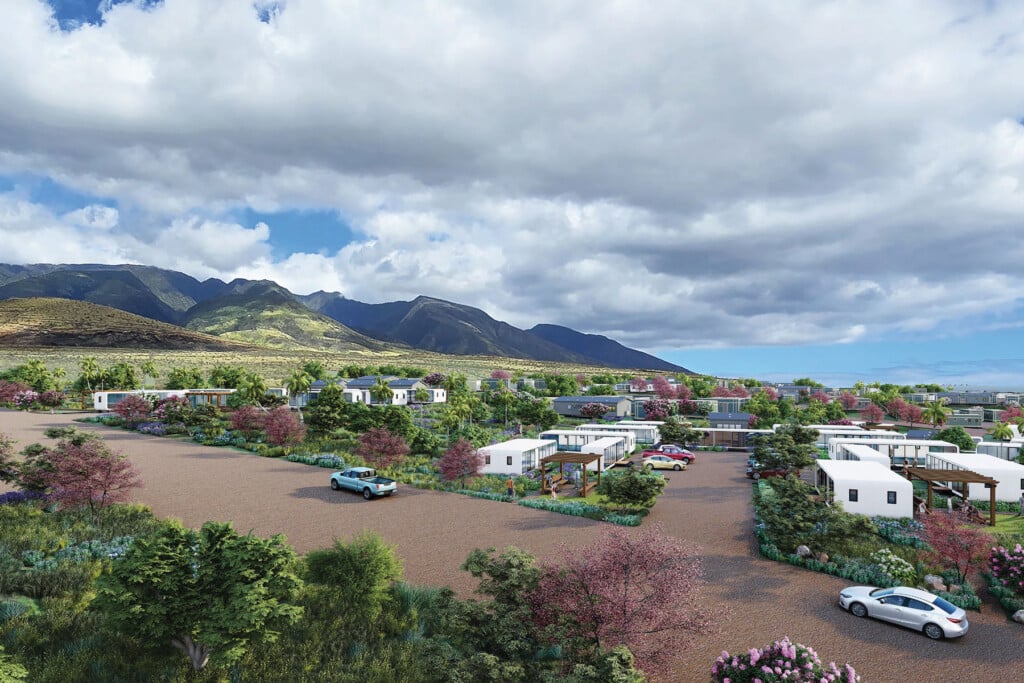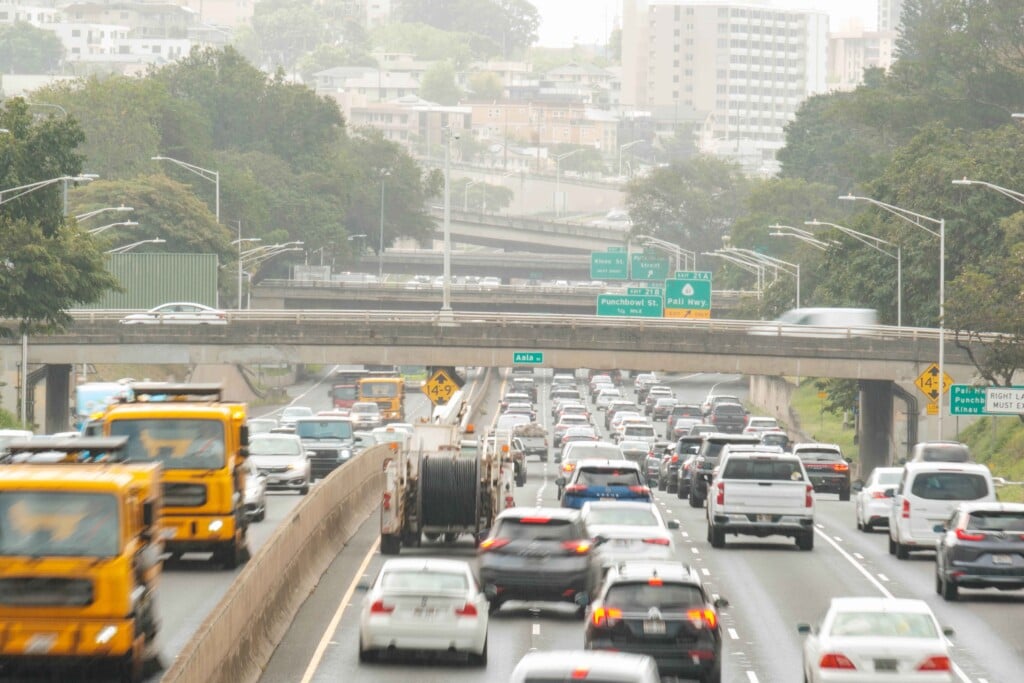Why Young People Are Skeptical of American Capitalism
Some underlying deceptions are eroding economic mobility, democracy and efforts to address climate change.

Repeated surveys from Gallup, Harvard and other organizations show only about half of young Americans with a positive view of capitalism.
For instance, a 2019 Gallup survey showed that 51% of Americans ages 18 to 39 had a positive view of capitalism and 49% had a positive view of socialism.
I am a fan – and frankly, a beneficiary – of capitalism but I see it the same way Winston Churchill saw democracy: “The worst form of government except for all those other forms that have been tried from time to time.”
I know lots of reasons many young people dislike American capitalism, but three major currents stand out to me for their selfish audacity and deceit.
First, capitalism – in the form of far too many business leaders and Republican politicians – spent decades denying man-made climate change. Now, when extreme weather is so commonplace as to make denials farcical, these same people often shoot down climate change mitigation by saying it endangers existing jobs and profits, while ignoring that mitigation often creates as many or more jobs while reducing climate catastrophes long term.
Young people and their children will pay the price for capitalism’s climate change crimes while the guilty are six feet under. No wonder many aren’t fans of capitalism.
The second strand of capitalist selfishness is even more audacious. In the hopes of getting more tax cuts and deregulation, much of capitalism’s profits are being cynically funneled to Republican politicians who have lied about the 2020 election results and are undermining America’s democracy.
Hardly the shining city on a hill.
The Land of Opportunity
The third deceit is that the U.S. is the land of opportunity. Yes, we once were but haven’t been for decades, according to extensive research conducted and published by many organizations over many years.
“In recent decades, new research on intergenerational economic mobility has established an important set of new facts that should inform our thinking about opportunity and mobility in America,” says a review of that body of research published this April by the Economic Mobility Project of the Federal Reserve Bank of Chicago.
“The U.S. has relatively low rates of intergenerational income mobility, especially when compared with other advanced economies, and mobility appears to have declined since 1980.” (Learn more at tinyurl.com/FedMobility.)
Many young people don’t buy the “land of opportunity” lie and neither should anyone else.
The Advantage of an Antithesis
My parents suffered through fascism and communism during World War II, but later found freedom and opportunity in Canada, and I found further opportunity in Hawai‘i.
We benefited from forms of capitalism and democracy that faced continual reform because we were locked in an ideological struggle with Soviet communism.
But it eventually became clear that a Soviet-style command economy could only advance so far and then it collapsed altogether. When it did, we lost the crucial antithesis that had pushed our capitalism and democracy to keep improving.
Our capitalism has become less equalitarian and our democracy has declined in recent years. The Global State of Democracy Indices dropped our “representative government score” from 0.93 in 2015 to 0.84 in 2021.
Freedom House gave us 83 out of 100, down from 89 in 2017. Freedom House gave scores of 100 to three countries: Finland, Norway and Sweden – which all have far more economic mobility than us. Not coincidentally, young Americans often point to those countries as better economic models than America.
Those three countries are often called socialist but are in fact capitalist – they too know capitalism is the best economic system – but they have modified it very differently from our model. We don’t need to become like them, but I think American capitalists have to stop repeating myths and see our system as it truly is – more like how the young see it.






